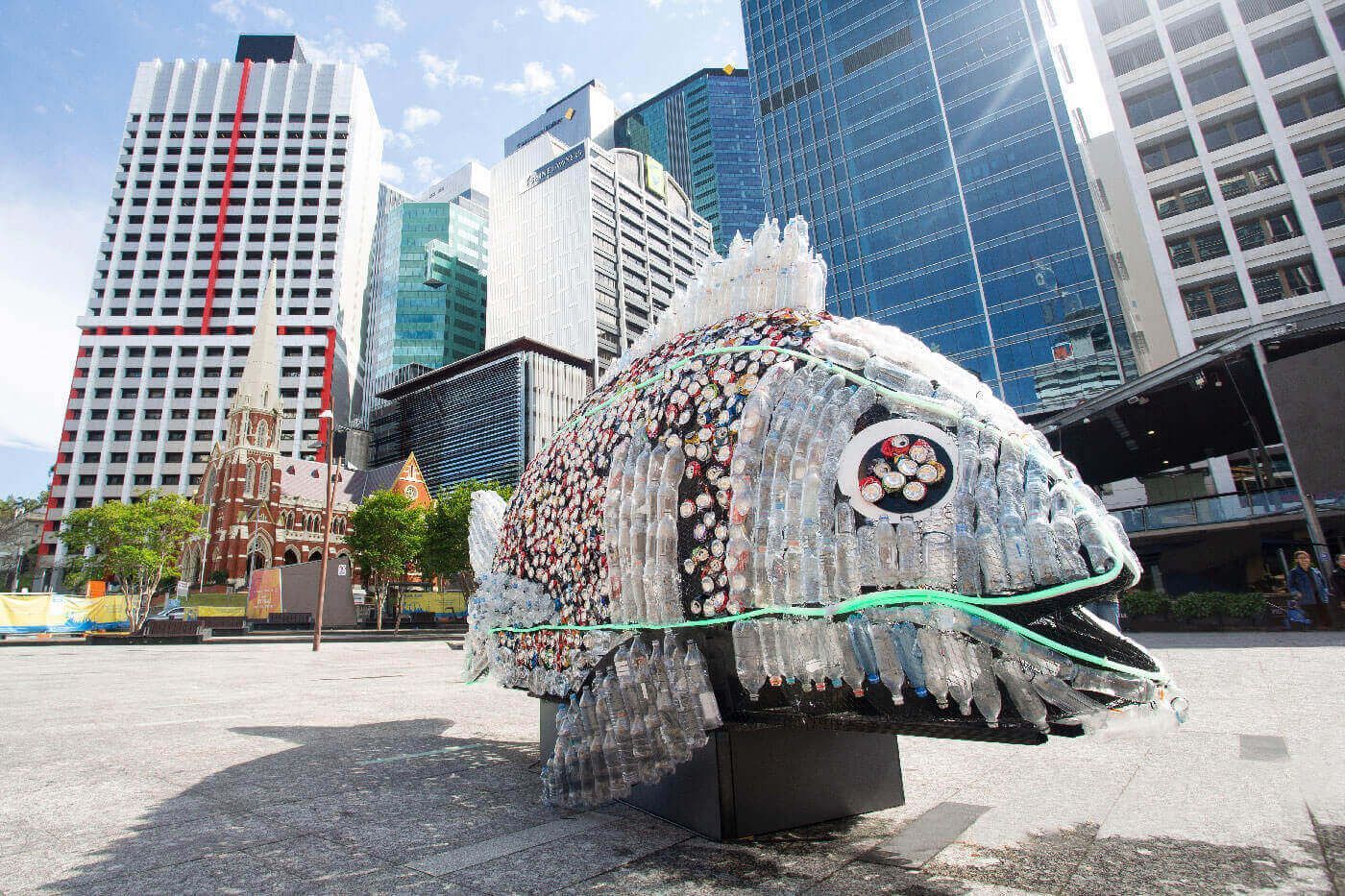How To Hire A High Performer, Every Time.
New Title
As you've no doubt noticed, your top-performing team members have more than just the education and experience needed for the job. They have an “x-factor”, that indefinable quality, that is hard to quantify.
Can you imagine what it would be like if everyone on your team was a high performer?
What if peak performance was a norm, not an exception?
It may seem like wishful thinking but hiring a team of high performers is achievable - with the right know-how and dedication. Building a team of high performing people is not something that happens over-night. It takes time - sometimes years. And, it takes commitment - your commitment.
In fact, (you are going to hate me for saying this, but here goes) if you lead a team who have a high (and reoccurring) rate of performance issues, you might be accidentally contributing to the problem by making the wrong hiring choices in the first place.
Let me explain.
We know that there are whole range of Hiring Techniques that are there to help you hire great people. But, sometimes the first step in upping our interview game as leaders is to acknowledge the fact that sometimes the person who interviews the best isn't necessarily the best person for the job.
Think of it like this.
A person's interview skills are like a set of golf clubs. The majority of us, drag our golf clubs out of the garage, and dust them off every few years. However some of us are out there swinging down the fairway much more frequently than others . Interview skills are simply the the ability to come off well on the day. Some leaders assume that interview skills equal job performance. In fact the two are barely linked. So as leaders, accepting that a candidate's ''interview skills'' are just a set of skills t hat help them come off well on the day - ensures we are less influenced by interview skills and more influenced by facts.
Here is a great example; A candidate is waiting for you at reception. You walk out and greet them, they look the part, they have great chin-music, they are a little nervous but still composed. You like them, this one seems to have what it takes.
Once your brain has decided you like a person, the unconscious bias called confirmation bias, takes you down an automatic pathway where you collect information to that supports your instinctive decision. And, because it's an unconscious practice, you don't even know you are doing it.
So here you are, merrily gathering all the reasons why you should hire this great candidate, in fact you like them so much, you and your wonderful Candidate fall into conversation, you forget to ask some of your key interview questions.
Your candidate's great interview skills make them seem like the perfect fit, and before you know it you've made a job offer and they start next week. But, somehow (usually after their probationary period) a whole bunch of performance issues emerge.
Hiring is both an art and a science.
While it takes years to build a robust hiring practice, here are five ways you can up your interview game over night.
- Acknowledge that great interview skills don't always equal great job performance.
- Manage your mind. Take note of your instinctive decisions and when you are getting along like a house on fire with a potential hire, be sure not to let unconscious biases like confirmation bias over take you.
- Use behavioural based interviewing AND performance based interviewing techniques.
- Benchmark your best performers. Sit down and map out what it is that makes them great. Then, frame your interviews to look for those performance capabilities in others.
- If in doubt go without. A common saying in our industry. If something is not stacking up right, but you feel pressure to hire, resist. Your instincts are usually correct. Don't make a bad hire simply because you need someone in the role. It takes much more time and effort to rectify the situation. Instead, if you are unsure, gather more data, meet again, hit the phone to their referees and have a really good chat, or offer a temporary assignment so you can see how things go.
Good Luck and Happy Hiring!








